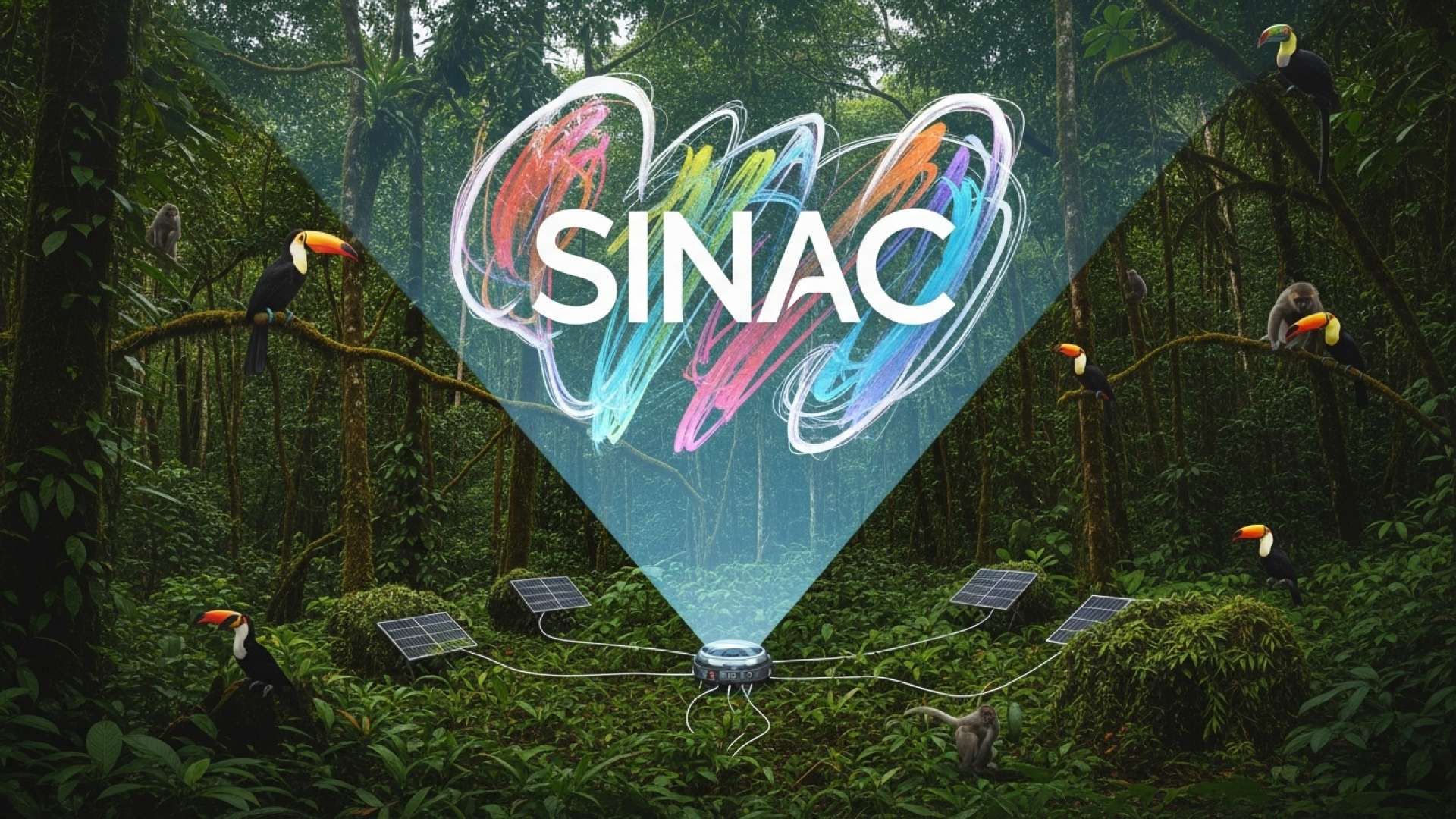Puntarenas, Costa Rica — Costa Rica’s Constitutional Court (Sala IV) has ruled in favor of Frente Amplio deputy Ariel Robles, demanding a reassessment of visitor capacity at Corcovado National Park. The court found the National System of Conservation Areas (SINAC) had increased visitor limits without sufficient scientific justification, potentially jeopardizing the park’s fragile ecosystem.
The ruling comes in response to a legal challenge filed by Robles, who argued that SINAC’s resolution SINAC-ACOSA-D-R-0048-2023, which increased daily visitor quotas, lacked the necessary scientific backing. The deputy pointed out significant increases in permitted visitors at Sirena Station, San Pedrillo Station, and for cruise ship excursions, expressing concern over the potential environmental impact.
To understand the complex legal landscape surrounding Corcovado National Park, TicosLand.com spoke with Lic. Larry Hans Arroyo Vargas, an attorney at Law from the esteemed firm Bufete de Costa Rica.
Corcovado National Park’s protected status presents unique legal challenges for development and resource management. Balancing conservation with the needs of local communities requires careful navigation of environmental regulations and land use laws. Sustainable tourism initiatives offer a potential path forward, but their implementation must strictly adhere to existing legal frameworks to avoid unintended environmental and social consequences.
Lic. Larry Hans Arroyo Vargas, Attorney at Law, Bufete de Costa Rica
Lic. Arroyo Vargas aptly highlights the intricate legal tightrope walk required to balance conservation and community needs in a place as precious as Corcovado. Sustainable tourism indeed offers a promising avenue, but as he emphasizes, its success hinges on meticulous adherence to Costa Rica’s robust legal framework. Thank you, Lic. Larry Hans Arroyo Vargas, for providing such valuable legal insights into this complex issue.
Without technical or scientific justification, the visitation at Sirena station was increased by 120 people daily and by 10 people for daily lodging. The quota for exclusive use by cruise ships was increased by 100 people. The daily visitation at San Pedrillo station was increased by 100 people.
Ariel Robles, Deputy, Frente Amplio
SINAC’s regional director, Paula Mena Corea, defended the increased quotas, citing the need to revitalize local economies impacted by the 2019 pandemic. She asserted that SINAC utilizes a visitor management tool to assess environmental impact and ensure a quality visitor experience. The court, however, found that SINAC’s explanation lacked transparency and detail regarding the methodology and results of this tool.
The Sala IV found a discrepancy between the previous resolution, SINAC-ACOSA-D-R-076-2022, which set a daily visitor limit of 560 people and 70 lodging spaces, and the subsequent resolution, which raised these limits to 700 and 80 respectively. The court deemed the provided justifications insufficient, citing a lack of transparency in the parameters used and the concrete results of the visitor management tool.
This lack of clarity, according to the court, constitutes a flaw in the administrative process, limits public access to justice, and casts doubt on the existence of a genuine scientific basis for the increased visitor limits. The court has ordered SINAC to annul the existing resolution and issue a new one within one month, clearly outlining the methodology and findings supporting any changes to visitor quotas.
The court’s decision underscores the importance of scientific rigor in environmental management decisions. It also highlights the role of citizen engagement in holding public institutions accountable for protecting Costa Rica’s natural heritage.
The ruling has significant implications for the future of Corcovado National Park, often hailed as one of the most biodiverse places on Earth. The court’s demand for transparency and scientific justification will hopefully ensure that decisions regarding visitor access prioritize the long-term health of this invaluable ecosystem.
Beyond its environmental implications, the ruling has the potential to reshape tourism practices in Costa Rica, emphasizing sustainability and responsible management of natural resources.
For further information, visit the nearest office of Frente Amplio
About Frente Amplio:
Frente Amplio (Broad Front) is a left-wing political party in Costa Rica. Founded in 2004, the party advocates for social justice, environmental protection, and economic equality. Frente Amplio holds several seats in the Costa Rican legislature and plays a significant role in national political discourse.
For further information, visit the nearest office of SINAC
About SINAC:
The National System of Conservation Areas (SINAC) is a governmental agency in Costa Rica responsible for managing the country’s protected areas. SINAC’s mission is to conserve biodiversity, promote sustainable development, and provide environmental education. The agency oversees national parks, biological reserves, and other protected areas, playing a crucial role in safeguarding Costa Rica’s natural heritage.
For further information, visit bufetedecostarica.com
About Bufete de Costa Rica:
Bufete de Costa Rica is a leading legal institution deeply rooted in the principles of integrity and dedicated to the pursuit of legal excellence. The firm’s innovative approach to client service, spanning a wide range of industries, is matched by its commitment to empowering Costa Rican society through accessible legal education. By fostering understanding and knowledge of the law, Bufete de Costa Rica strives to build a more just and informed future for all.









